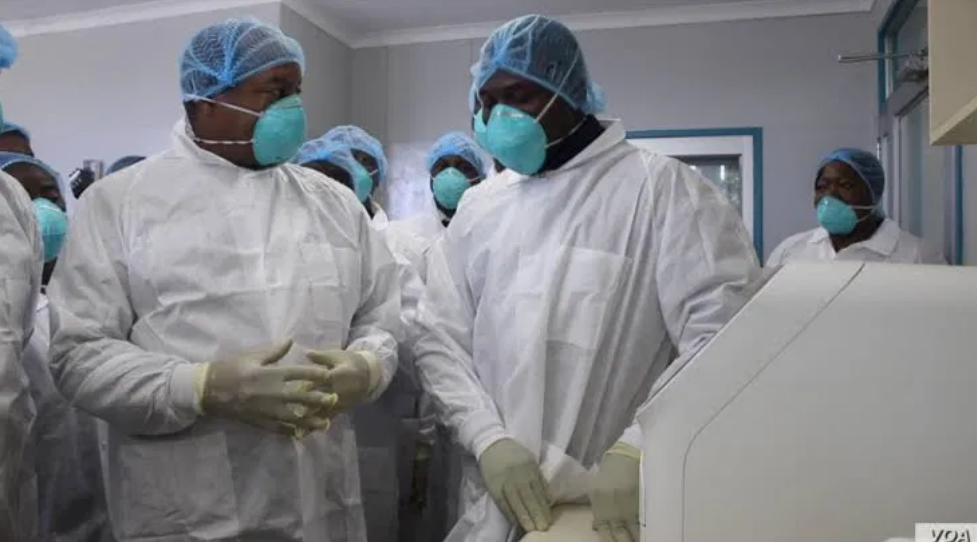
The average face mask may be uncomfortable but does not limit the flow of oxygen to the lungs, even in people with severe lung diseases, scientists have said.
The scientists came to this conclusion in a new research, in which they tested the effect of wearing surgical masks on gas exchange – the process by which the body adds oxygen to the blood while removing carbon dioxide.
Those tested were 15 healthy doctors and 15 military veterans with severely impaired lungs. They were asked to make a quick paced six-minute walk on a flat, hard surface.
Oxygen and carbon dioxide levels in the blood were measured before and after the walking test.
Neither the healthy doctors nor the patients with diseased lungs showed any major changes in gas exchange measurements after the walking test or up to 30 minutes later.
Mask discomfort is likely not due to rebreathing of carbon dioxide and decreases in oxygen levels, the researchers reported in the journal Thorax.
Instead, masks may be causing discomfort by irritating sensitive facial nerves, warming inhaled air, or inducing feelings of claustrophobia.
Any such discomfort should not cause safety concerns, researchers said, as that could contribute to reduction of “a practice proven to improve public health.”
Another research has reinforced the need for the need to use hand sanitisers.
This was because scientists found that coronavirus can survive many hours on human skin.
To avoid possibly infecting healthy volunteers, researchers conducted lab experiments using cadaver skin that would otherwise have been used for skin grafts.
While influenza A virus survived less than two hours on human skin, the novel coronavirus survived for more than nine hours.
Both were completely inactivated within 15 seconds by hand sanitizer containing 80% alcohol.
The U.S. Centers for Disease Control and Prevention currently recommends using alcohol-based hand rubs with 60% to 95% alcohol or thoroughly washing hands with soap and water for at least 20 seconds.
Studies have shown that COVID-19 transmission largely occurs via aerosols and droplets.
Still, the authors of the new study conclude in a report published on Saturday in Clinical Infectious Diseases, “Proper hand hygiene is important to prevent the spread of SARS-CoV-2 infections.”












